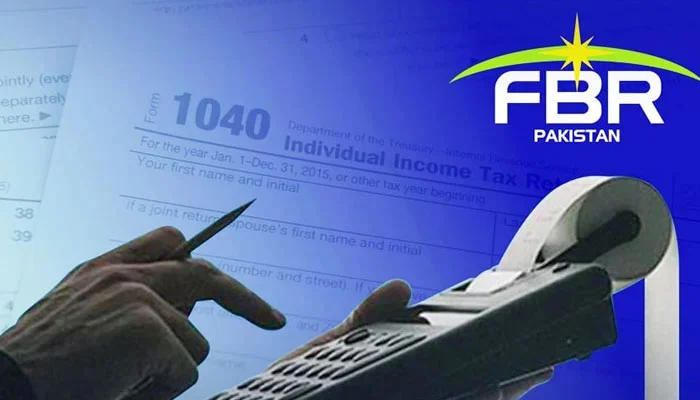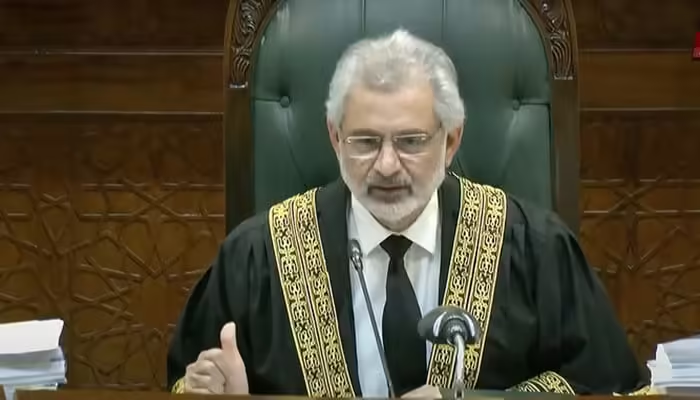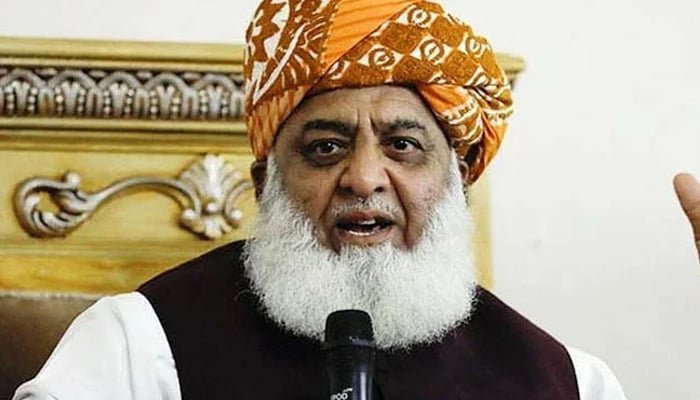The Federal Board of Revenue (FBR) in Pakistan has taken a significant step to broaden the tax base and bring in up to 20 million new taxpayers into the tax net. In a move aimed at enhancing tax collection and compliance, the FBR has established 145 District Tax Offices across the country by June 2024. This decision aligns with the FBR’s goal to ensure that a wider segment of the population contributes to the national tax revenue.
The newly established District Tax Offices will be led by District Tax Officers in Grade 17 and Grade 18. Their primary responsibility will be to take action against non-filers and stop-filers by encouraging them to file income tax returns. As part of the enforcement measures, individuals who refuse to pay taxes will face disconnection of electricity and gas connections, along with the blocking of mobile services.
To facilitate this initiative, the FBR is introducing a new legislative provision that mandates various institutions and agencies to provide data automatically through the transmission system to the FBR. This data-sharing mechanism aims to empower tax authorities to gather crucial information about heavy expenditures and investments in assets, helping identify potential taxpayers who have so far evaded registration and filing within the tax system.
The FBR has invoked Section 114B of the Income Tax Ordinance, 2001, to implement tools that allow for the disconnection of utility services, including electricity and gas connections, as well as mobile service blocking for individuals who fail to file their tax returns in response to notices issued by the FBR.
The government is fully committed to implementing these measures and has expressed determination to utilize all available resources to assist the FBR in achieving its objectives. The introduction of new District Tax Offices and the associated legal provisions represent a strategic move by the FBR to strengthen tax compliance, enhance revenue collection, and ensure a more inclusive and efficient taxation system in Pakistan.



